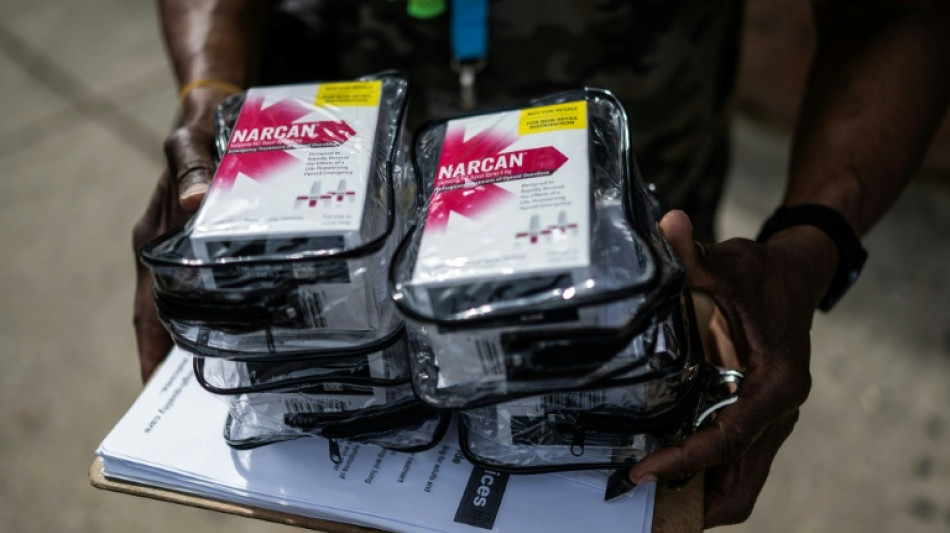
-
 Dodgers hold off Phillies, Brewers on the brink
Dodgers hold off Phillies, Brewers on the brink
-
Lawrence sparks Jaguars over Chiefs in NFL thriller

-
 EU channels Trump with tariffs to shield steel sector
EU channels Trump with tariffs to shield steel sector
-
Labuschagne out as Renshaw returns to Australia squad for India ODIs
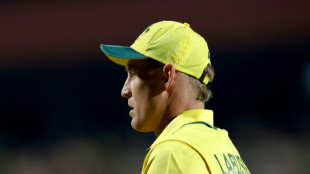
-
 Open AI's Fidji Simo says AI investment frenzy 'new normal,' not bubble
Open AI's Fidji Simo says AI investment frenzy 'new normal,' not bubble
-
Tokyo stocks hit new record as Asian markets extend global rally

-
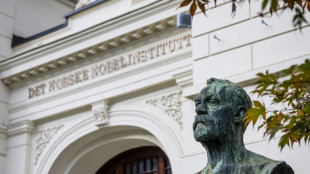 Computer advances and 'invisibility cloak' vie for physics Nobel
Computer advances and 'invisibility cloak' vie for physics Nobel
-
Nobel literature buzz tips Swiss postmodernist, Australians for prize
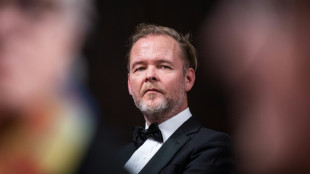
-
 Dodgers hold off Phillies to win MLB playoff thriller
Dodgers hold off Phillies to win MLB playoff thriller
-
China exiles in Thailand lose hope, fearing Beijing's long reach
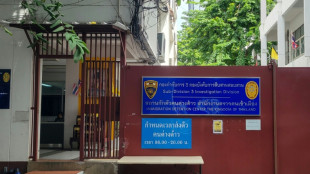
-
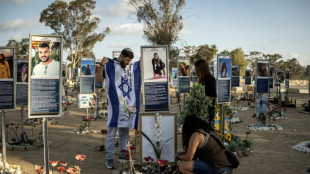 Israel marks October 7 anniversary as talks held to end Gaza war
Israel marks October 7 anniversary as talks held to end Gaza war
-
Indians lead drop in US university visas
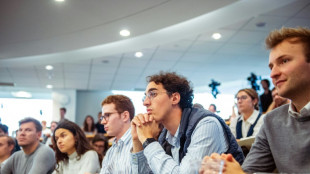
-
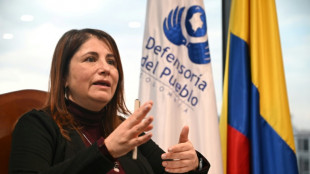 Colombia's armed groups 'expanding,' warns watchdog
Colombia's armed groups 'expanding,' warns watchdog
-
Shhhh! California bans noisy TV commercials

-
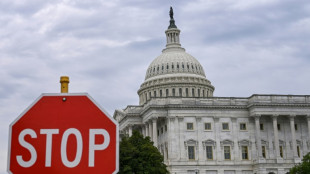 Trump 'happy' to work with Democrats on health care, if shutdown ends
Trump 'happy' to work with Democrats on health care, if shutdown ends
-
Trump says may invoke Insurrection Act to deploy more troops in US
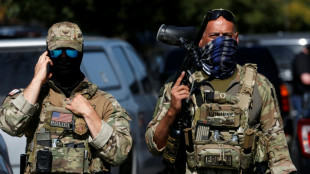
-
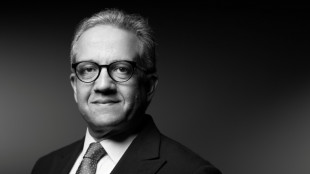 UNESCO board backs Egyptian for chief after US row
UNESCO board backs Egyptian for chief after US row
-
Unreachable Nobel winner hiking 'off the grid'
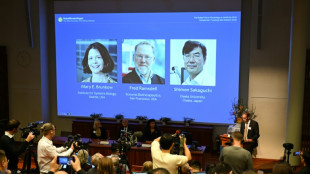
-
 Retirement or marketing gimmick? Cryptic LeBron video sets Internet buzzing
Retirement or marketing gimmick? Cryptic LeBron video sets Internet buzzing
-
CAF 'absolutely confident' AFCON will go ahead in protest-hit Morocco
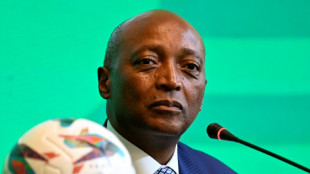
-
 Paris stocks slide amid French political upheaval, Tokyo soars
Paris stocks slide amid French political upheaval, Tokyo soars
-
EU should scrap ban on new combustion-engine sales: Merz
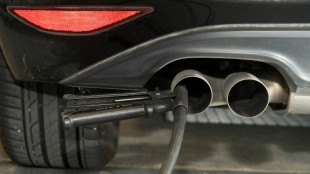
-
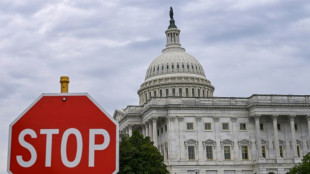 US government shutdown enters second week, no end in sight
US government shutdown enters second week, no end in sight
-
World MotoGP champion Marquez to miss two races with fracture

-
 Matthieu Blazy reaches for the stars in Chanel debut
Matthieu Blazy reaches for the stars in Chanel debut
-
Macron gives outgoing French PM final chance to salvage government
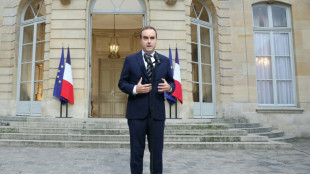
-
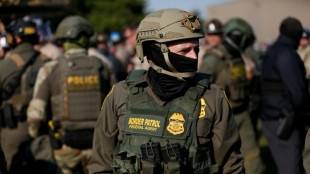 Illinois sues to block National Guard deployment in Chicago
Illinois sues to block National Guard deployment in Chicago
-
Exiled Willis succeeds Dupont as Top 14 player of the season

-
 Hamas and Israel open talks in Egypt under Trump's Gaza peace plan
Hamas and Israel open talks in Egypt under Trump's Gaza peace plan
-
Mbappe undergoing treatment for 'small niggle' at France camp: Deschamps

-
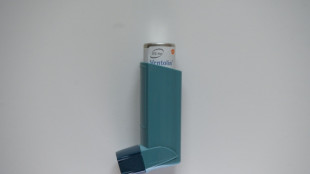 Common inhalers carry heavy climate cost, study finds
Common inhalers carry heavy climate cost, study finds
-
Madagascar president taps general for PM in bid to defuse protests
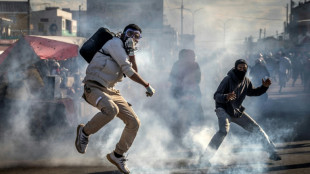
-
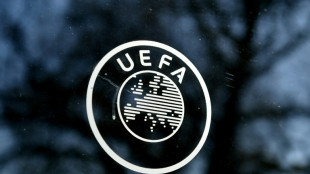 UEFA 'reluctantly' approves European league games in US, Australia
UEFA 'reluctantly' approves European league games in US, Australia
-
Hundreds protest in Madagascar as president to announce new premier
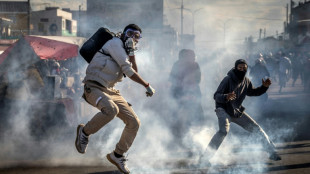
-
 Greta Thunberg lands in Greece among Gaza flotilla activists deported from Israel
Greta Thunberg lands in Greece among Gaza flotilla activists deported from Israel
-
UNESCO board backs Egyptian ex-minister for top job: official
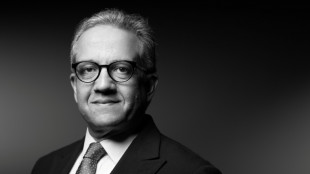
-
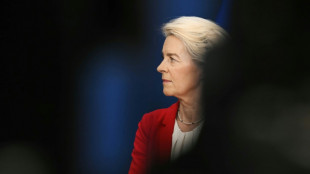 Facing confidence vote, EU chief calls for unity
Facing confidence vote, EU chief calls for unity
-
Cash-strapped UNHCR shed 5,000 jobs this year
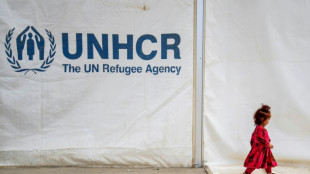
-
 Mbappe to have 'small niggle' examined at France camp: Deschamps
Mbappe to have 'small niggle' examined at France camp: Deschamps
-
Brazil's Lula asks Trump to remove tariffs in 'friendly' phone call
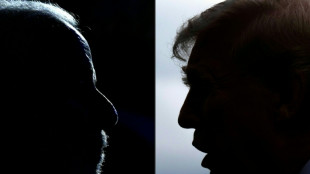
-
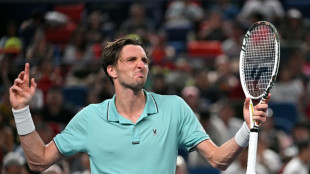 'Terrible' Zverev dumped out of Shanghai by France's Rinderknech
'Terrible' Zverev dumped out of Shanghai by France's Rinderknech
-
What are regulatory T-cells? Nobel-winning science explained
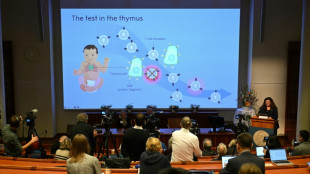
-
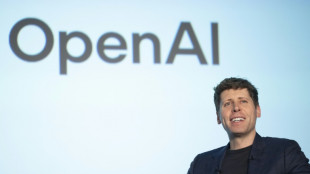 OpenAI signs multi-billion dollar chip deal with AMD
OpenAI signs multi-billion dollar chip deal with AMD
-
Salah under fire as Liverpool star loses his spark

-
 Paris stocks drop as French PM resigns, Tokyo soars
Paris stocks drop as French PM resigns, Tokyo soars
-
ICC finds Sudan militia chief guilty of crimes against humanity
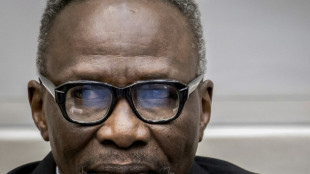
-
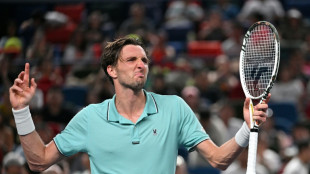 Zverev dumped out of Shanghai Masters by France's Rinderknech
Zverev dumped out of Shanghai Masters by France's Rinderknech
-
One hiker dead, hundreds rescued after heavy snowfall in China

-
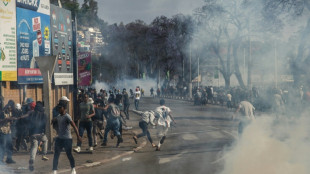 Hundreds stage fresh anti-government protests in Madagascar
Hundreds stage fresh anti-government protests in Madagascar
-
Feminist icon Gisele Pelicot back in court as man appeals rape conviction
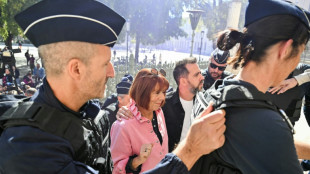

US overdose capital Baltimore on long road to recovery
Carrying a bag filled with the overdose-reversing drug naloxone, Adam Trionfo roams the brick-lined streets of one of America's oldest port cities, Baltimore.
The 40-year-old and his small team visit neighborhoods considered "hot spots" for drug trafficking to hand out the precious antidote, sold under the brand name Narcan.
The easy-to-use nasal spray has become a key tool in the fight against the deadly US opioid crisis, claiming 750,000 lives between the late 1990s and 2022.
"Just over the past week, we distributed 200 Narcan kits," Trionfo, who oversees an addiction assistance program with the local branch of Catholic Charities, told AFP.
On their route, the team spots a man sprawled out amid a pile of rubbish in the corner of a stairwell. They hand him a box of Narcan and a brochure about their organization.
The man takes it with one hand, as he awkwardly hides a syringe behind his back.
Their last Narcan kit goes to another man, legs covered in brown scars, who is waiting near a dilapidated building.
These scenes are not uncommon in this East Coast city, which is located about 50 kilometers (31 miles) from Washington and is renowned for endemic crime.
Baltimore was the setting of the hit television series "The Wire" in the early 2000s, depicting its burgeoning drug scene from a variety of angles.
And last year, the New York Times dubbed the city the "American overdose capital."
Between 2018 and 2022, the drug-related mortality rate was nearly twice as high as in any other major American city. The leading killer: fentanyl.
- 'Tremendous efforts' -
Since the height of the opioid crisis in 2021, the outlook has improved in much of the country, including in Baltimore.
The number of fatal overdoses in the city plummeted by 35 percent last year, to 680 down from 1,043 in 2023.
The city's proactive policies, coupled with preventative work done by Catholic charities in Baltimore's communities have helped make a dent in the problem.
"We've had tremendous efforts throughout the city to get people into treatment, and then we've also had tremendous efforts in getting Naloxone out there," said Michael Fingerhood, head of addiction medicine at Johns Hopkins Bayview Medical Center.
Distributed broadly for about a decade, Narcan has worked like a "fire extinguisher," Fingerhood said.
In Baltimore, Narcan is now available everywhere: pharmacies, vending machines throughout the city, even in libraries.
- Funded by restitution -
The drop in mortality in Baltimore is also linked to the composition of the fentanyl being sold there, Fingerhood said.
"The drug supply has less potent fentanyl and has additives that are less likely to cause overdose."
Awareness of the risks associated with the powerful synthetic opioid has also grown among users, pushing them to be more "cautious," said Bakari Atiba, community engagement director at Charm City Care Connection.
The nonprofit assists addicts in Baltimore -- known as Charm City -- and recently received funding from a restitution program fueled by lawsuits against opioid manufacturers and distributors.
"I'm not saying people are going to stop using," Atiba said. "That's not even our goal."
"It's about meeting people where they are, making sure they're safe, making sure they're supported, and making sure they have pathways to recovery if they want it."
H.Kuenzler--VB
